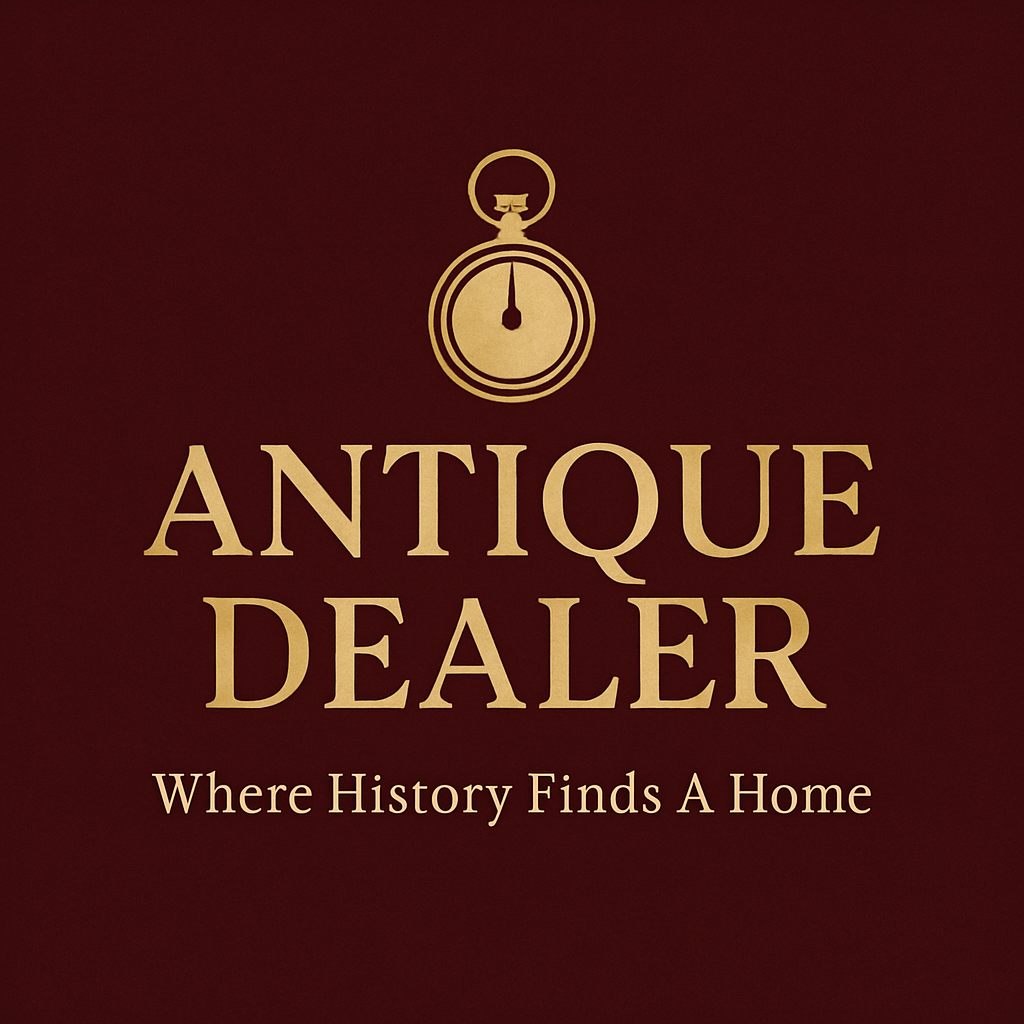The Historical Evolution of Antiques: A Comprehensive Academic Resource The Historical Evolution of Antiques A Comprehensive Academic Resource Published: June 4, 2025 | Author: By Kevin Marshall, Antique Specialist This resource aims to provide scholarly, educational information on antiques, their historical context, authentication methods, and cultural significance. Our goal is to serve as a reference for researchers, collectors, conservators, and anyone interested in the academic study of antiques. Introduction: Defining the Antique The term “antique” derives from the Latin “antiquus,” meaning old or ancient, and has evolved significantly throughout history. In contemporary usage, an antique is generally defined as an item that is valued for its aesthetic or historical significance and is typically at least 100 years old. However, this definition varies across cultures, legal jurisdictions, and collecting communities. The United States Customs Service, for instance, established the 100-year threshold in 1930 with the Smoot-Hawley Tariff Act, which exempted items produced before 1830 from import duties—a date that roughly corresponded to the beginning of mass production in America. The conceptual understanding of what constitutes an antique extends beyond mere chronological age. It encompasses notions of craftsmanship, historical context, cultural significance, and the item’s ability to represent a specific period in human history. This multifaceted definition acknowledges that antiques serve as tangible connections to our past, offering insights into historical production methods, aesthetic preferences, and societal values. Unlike “vintage” items, which may be collectible but typically date from the more recent past, or “collectibles,” which may be valued regardless of age, true antiques possess a temporal distance that contributes significantly to their cultural and historical importance. The academic study of antiques intersects with numerous disciplines, including art history, archaeology, material culture studies, conservation science, and economic history. This interdisciplinary approach reflects the complex nature of antiques as both cultural artifacts and economic commodities. Throughout this resource, we will explore these various dimensions, providing a comprehensive framework for understanding antiques beyond their commercial value, focusing instead on their role as repositories of historical knowledge and cultural heritage. Historical Context of Antiques The appreciation and collection of antiques has a rich history dating back to ancient civilizations. In ancient Rome, wealthy patricians collected Greek antiquities, valuing them for their artistic merit and as symbols of cultural refinement. This early form of antiquarianism established a precedent for the collection of objects from earlier periods, though the systematic study and categorization of such items would not emerge until much later. During the Renaissance, a renewed interest in classical antiquity spurred the collection of ancient artifacts, manuscripts, and art objects, laying the groundwork for modern museums and the academic study of material culture. The concept of the “100-year rule” commonly used to define antiques today emerged gradually through various legal and commercial frameworks. The British art critic Edward Lucie-Smith noted in 1979 that antique dealers sometimes insisted that nothing made after 1830 could be considered an antique, though this barrier was being challenged by growing collector interest in Art Nouveau and Art Deco pieces. This illustrates how the definition of “antique” is not static but evolves with changing tastes, scholarly perspectives, and market forces. Different countries have established varying chronological thresholds for customs purposes, with some using 50 or 75 years rather than the more common century mark. Cultural variations in the conception of antiques are equally significant. In China, for example, the tradition of collecting ancient artifacts dates back thousands of years, with distinct categories for items from different dynasties. The Chinese government has established specific definitions for antiquities, particularly following the Cultural Revolution, to protect the nation’s cultural heritage from unauthorized export. Japanese concepts of antiquity often incorporate notions of wabi-sabi—the appreciation of imperfection and transience—influencing how age and patina are valued in antique objects. In Islamic cultures, calligraphic works and textiles often hold particular significance as antiques, reflecting the importance of these art forms in the cultural tradition. The historical evolution of antique classification has been shaped by scholarly developments, market trends, and institutional practices. The emergence of art history as an academic discipline in the 19th century, coupled with the establishment of public museums, contributed to more systematic approaches to categorizing and studying antique objects. The development of auction houses specializing in antiques, beginning with establishments like Sotheby’s (founded 1744) and Christie’s (founded 1766), further institutionalized the commercial aspects of antique collecting and influenced how objects were classified and valued. Today, digital technologies and scientific dating methods have transformed both scholarly and commercial approaches to antiques, enabling more precise authentication and broader access to information about historical artifacts. Antique Authentication Methods The authentication of antiques represents one of the most challenging and scientifically rigorous aspects of the field. Modern authentication employs a multidisciplinary approach, combining traditional connoisseurship with advanced scientific techniques. Dendrochronology, or tree-ring dating, has revolutionized the authentication of wooden antiques by providing precise dating through the analysis of growth ring patterns. This method is particularly valuable for furniture, panel paintings, and architectural elements, offering accuracy to within a year under optimal conditions. Similarly, radiocarbon dating has become essential for organic materials, though its application to items from the past few centuries is limited by the “radiocarbon plateau” that affects precision for more recent objects. Material analysis has become increasingly sophisticated, with techniques such as X-ray fluorescence (XRF) spectroscopy allowing non-destructive elemental analysis of metals, pigments, and ceramics. This enables researchers to determine if the composition of materials is consistent with the purported period of manufacture. For instance, the presence of certain synthetic pigments in a painting allegedly from the 18th century would immediately raise questions about its authenticity. Infrared reflectography and X-radiography can reveal underdrawings or compositional changes in paintings, while ultraviolet fluorescence can detect modern restorations or repairs that might not be visible to the naked eye. These techniques have transformed the field by providing objective data to complement stylistic analysis. Provenance research—the study of an object’s ownership history—remains fundamental to authentication despite technological advances. A well-documented chain of ownership can substantiate claims of authenticity and age, while
